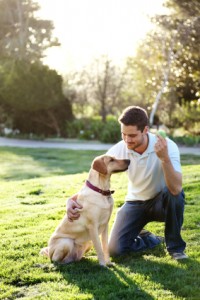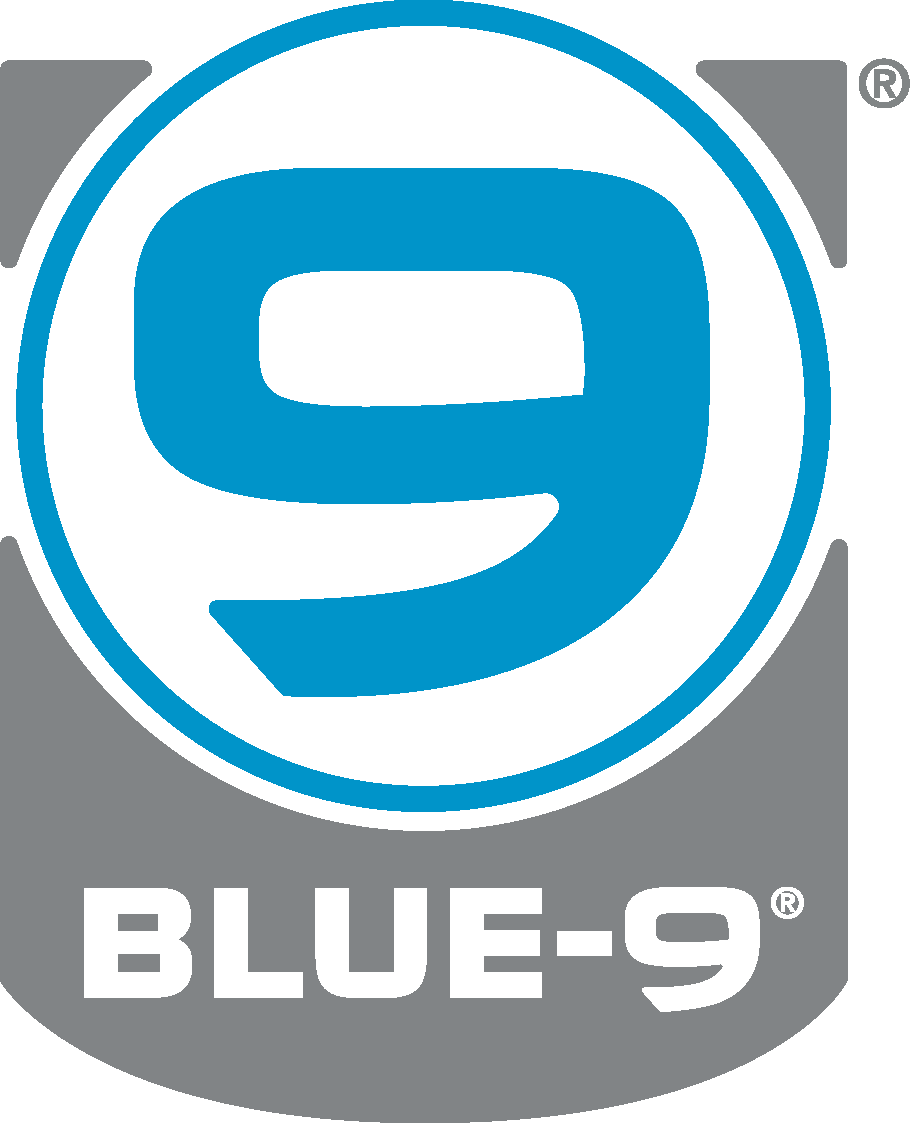A “Learning By Doing” Dog Trainer School
Hands-On Experience Makes Learning Effective and Fun
CATCH’s Professional Dog Trainer Course is much more than your typical correspondence course. Our dog trainer school is built on the idea of “learning by doing,” which makes your learning experience more effective, memorable, and fun.

Hands-on experience is the key to learning. Let’s get out and work with dogs!
Aristotle wrote that we “learn best by doing.”
Confucius said, “I hear and I forget. I see and I remember. I DO and I understand.”
These words of wisdom explain why the CATCH curriculum is not based on reading materials alone, but instead includes extensive hands-on activities and videos. You will train dogs, study their live interactions, be actively engaged with your mentor trainer, join in “trainer talks”, and teach practice clients.
Active Learning and See, Think, Wonder
The CATCH curriculum encourages active learning which involves reading and video study, but then jumps off the page/screen and into engagement with dogs. The prioritization of active learning is modeled after leading universities that have found that “hands-on-activities… and student-instructor interactions… enhance learning.”5
Each phase of your CATCH course will encourage a simple, but very effective See, Think, Wonder approach which can be best explained by this quote from the Harvard Graduate School of Education website: “Good thinkers [learn the habit of good thinking routines from programs that are dedicated to]:
- Helping students become close observers, go beyond the superficial, and dig deep;
- Teaching them to organize their ideas;
- Giving them tools to navigate complexity;
- Prompting them to reason carefully;
- Prompting them to reflect on how they’re making sense of things.
Thinking routines are designed to be practical and easy to remember. A classic example is See, Think, Wonder.
- What do you see?
- What do you think about that?
- What does it make you wonder?”6
You will naturally be guided in this approach throughout your CATCH studies.
Research Shows that Learning By Doing is Effective
- Learning by doing is more fun for students and teachers. The element of enjoyment motivates further learning.2
- Engagement of multiple senses (such as with hands-on experience and the use of videos) can increase retention on what is learned by three-fold.1
- Hands-on experiences practicing and making mistakes are the key to building new skills and strengthening existing ones.4
- Process of discovery of knowledge and solutions builds self confidence.1, 3
Study + Hands-On = Effective Learning
 The CATCH curriculum is filled with “doing” because this is the fastest, most effective way to gain and strengthen new skills.
The CATCH curriculum is filled with “doing” because this is the fastest, most effective way to gain and strengthen new skills.
How learning by doing is woven into our curriculum:
- Multimedia such as videos and online training software programs, not just readings
- Hands-on activities and fieldwork where you will observe and engage with dogs in live social interactions in every phase of study
- Hands-on training of shelter dogs and practice private lessons
- Practice sessions with your Mentor Trainer followed by personal guidance and written feedback
Sources:
1- [pdf href="http://www2.ed.gov/rschstat/eval/tech/evidence-based-practices/finalreport.pdf"]Evaluation of Evidence-Based Practices in Online Learning: A Meta-Analysis and Review of Online Learning Studies[/pdf]. U.S. Department of Education, Office of Planning, Evaluation, and Policy Development. Policy and Program Studies Service. Revised September 2010.
2 -DuFour, R., DuFour, R., Eaker, R., & Many (2006). Learning by Doing: A Handbook for Professional Learning Communities at Work™, pp. 2–4. The curriculum is focused on generating attention, motivation, and thinking about what is to be learned.
3 – Marzano, R. (2003). [pdf href="http://www.mich.gov/documents/What_Works_in_Schools_Marzano_cover__handouts_157021_7.pdf"]What works in schools: Translating Research into Action[/pdf]. Alexandria, VA: ASCD.
4 – Coyle, Daniel. (2009) The Talent Code: Greatness isn’t born. It’s grown. Here’s how. Bantam Dell, a Division of Random House. New York, New York.)
5 – Innovative Approaches to Teaching – Cornell University
6 – Think Better – Harvard Graduate School of Education








 Phone:
Phone: